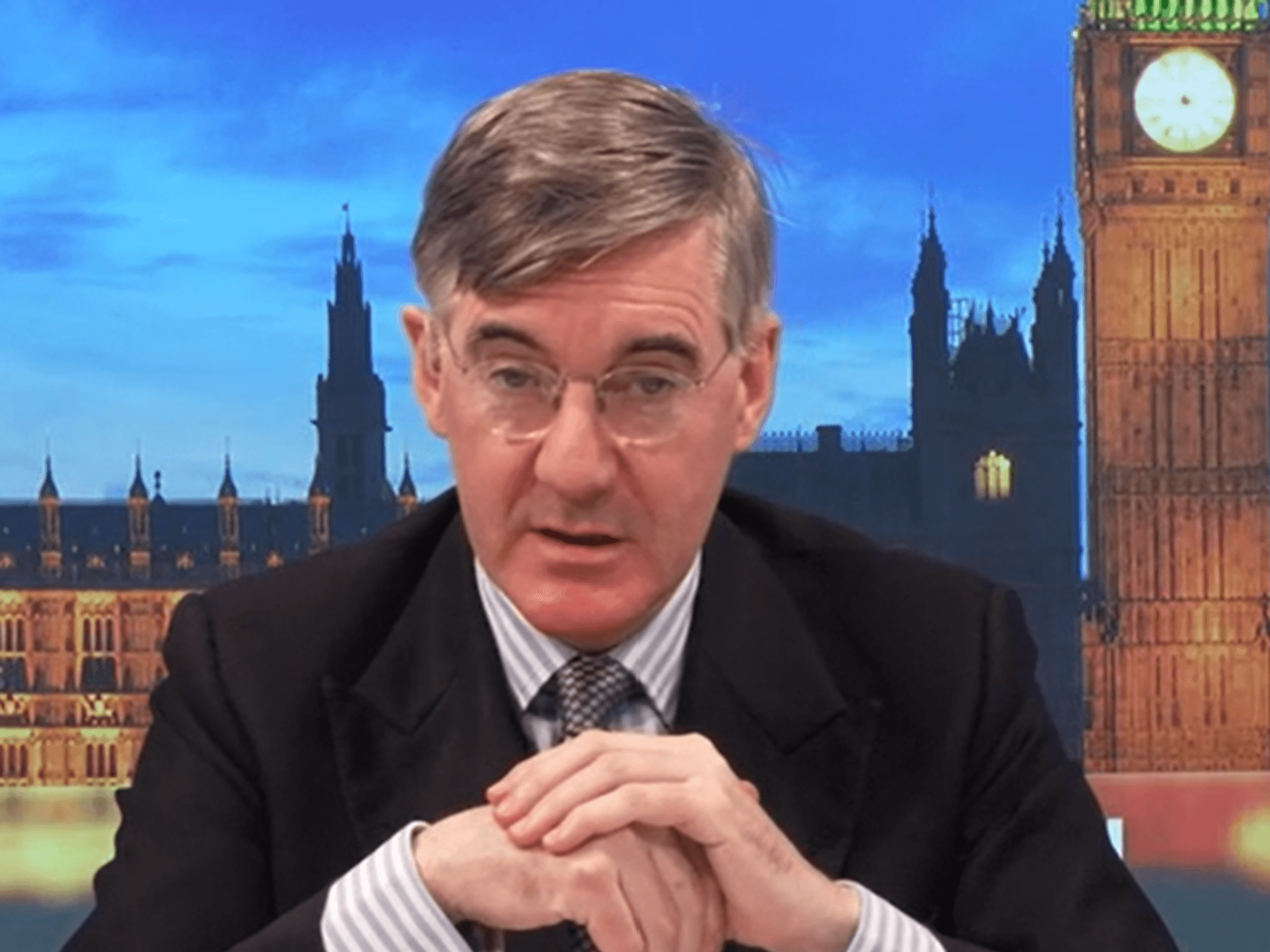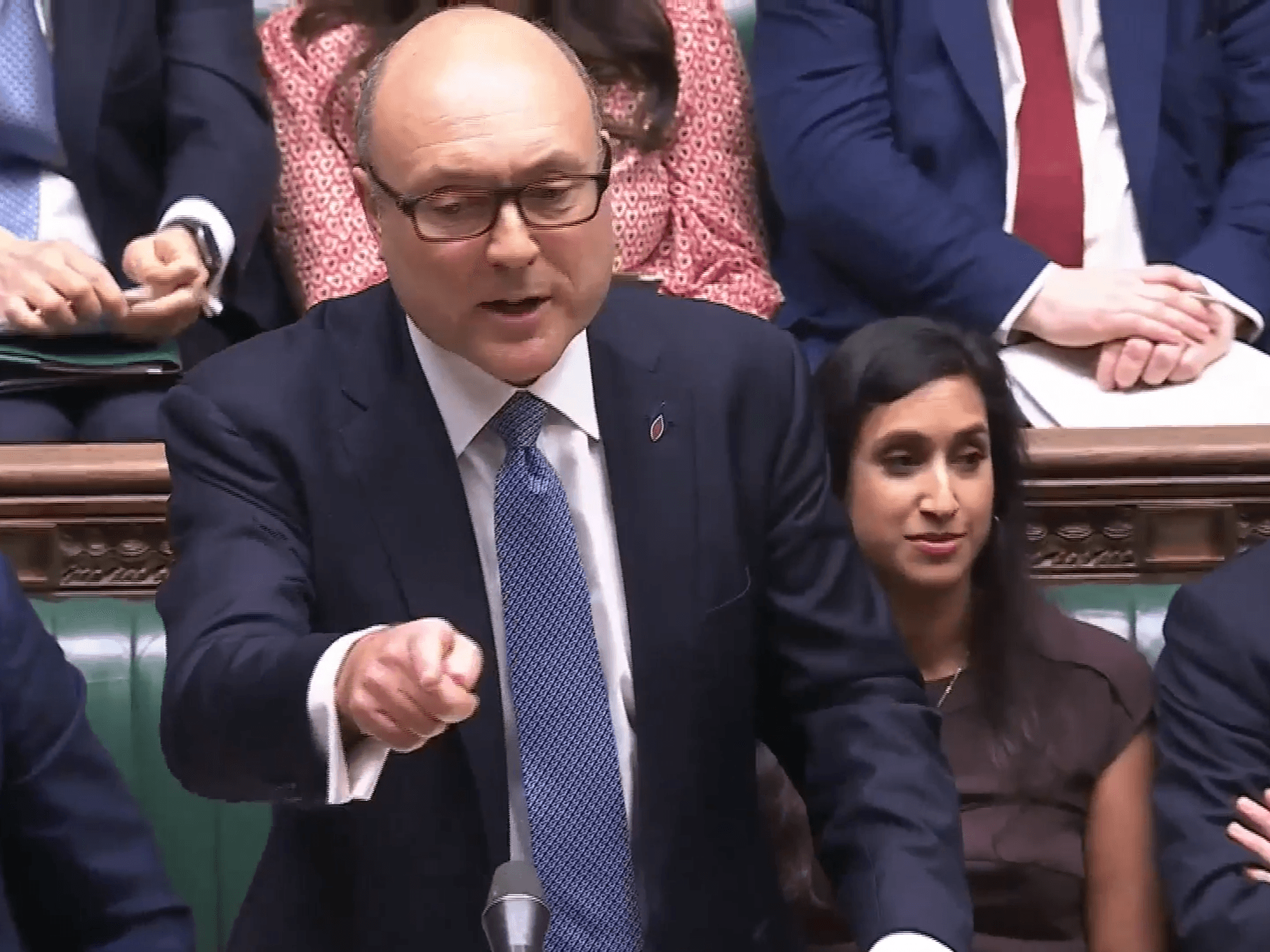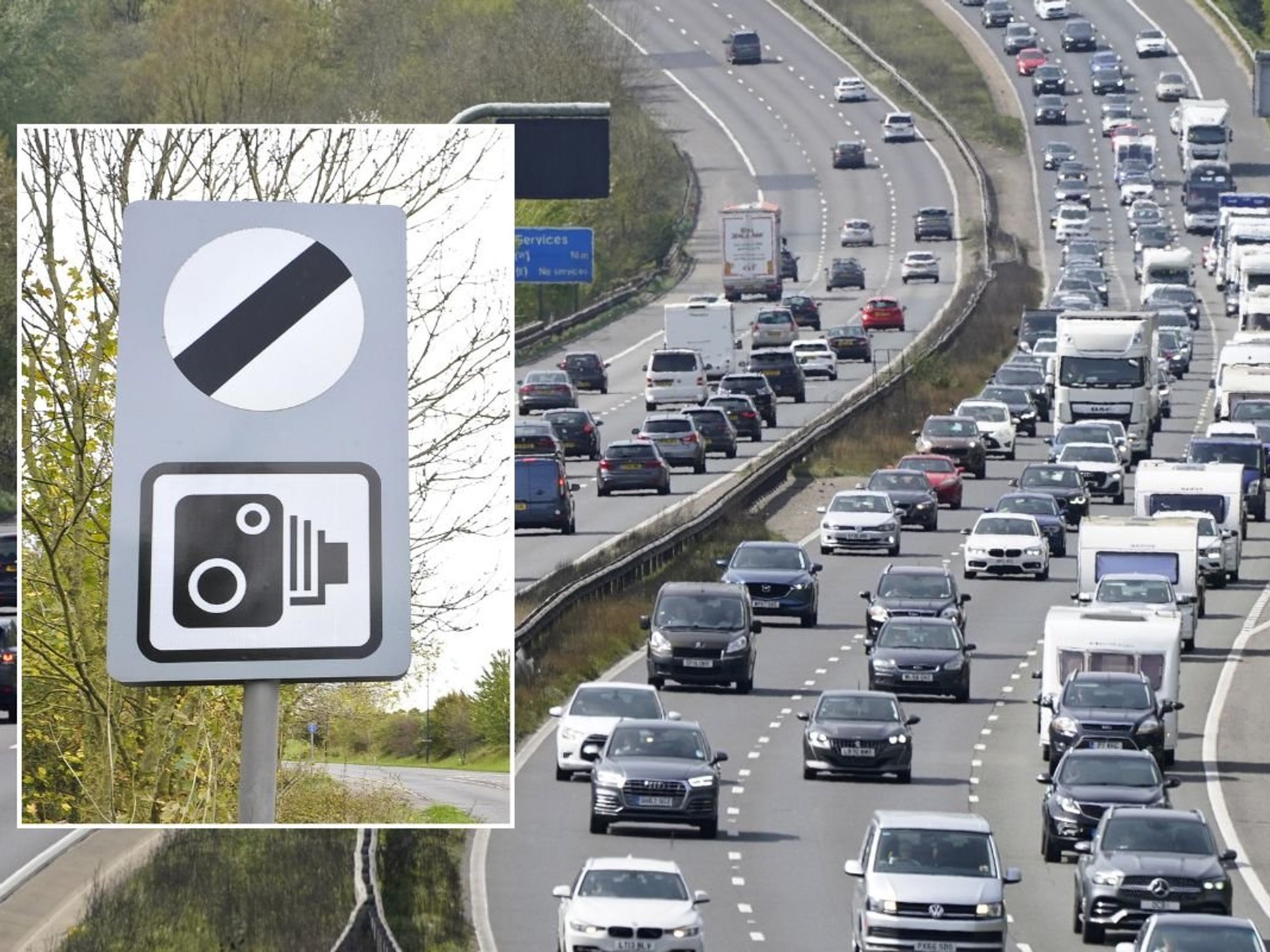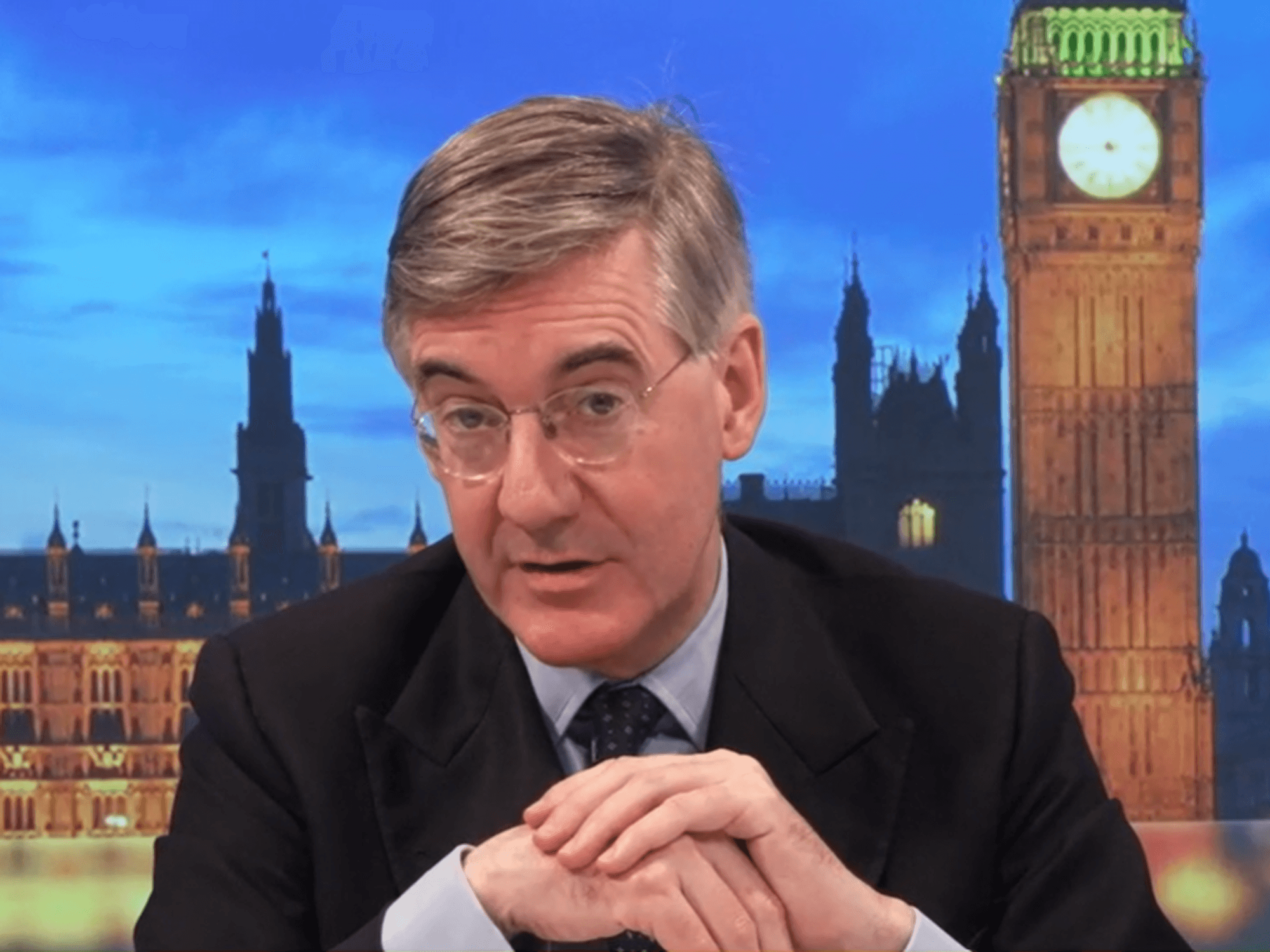Bournemouth is just the beginning. Vigilante groups are coming to a town near you - Renee Hoenderkamp
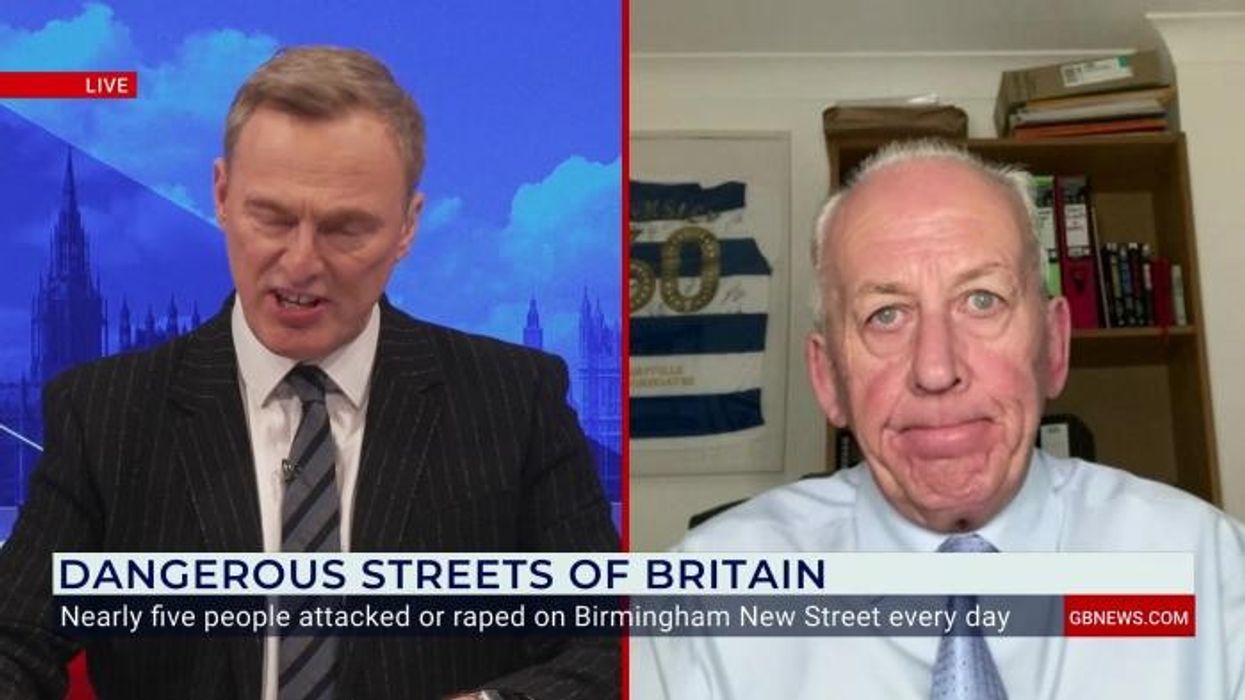
GB
This is what happens when crime is rampant, there are no bobbies on the beat, and the government is impotent
Don't Miss
Most Read
Trending on GB News
Why do people in the UK, everyday people, believe that the police can no longer keep them safe on the streets to such a degree that so-called vigilante groups are springing up?
My attention was drawn this week to Bournemouth, that once sleepy coastal town known as God's waiting room. No longer is Bournemouth sleepy, and like so many places in the UK, it appears to have been transformed into a UK crime hotspot and the locals who have to live there, raise their children, care for their elderly, have had enough and have decided that they will take the safety of their streets into their own hands.
A new organisation called Safeguard Force has been launched in Bournemouth by 200 concerned citizens. Its stated aim is to protect the most vulnerable people in our town - especially women, children and the elderly. And who can argue with that?
I am hearing the cries of the left, that crime is on its way down, that arrests and convictions are up, but frankly, even if that were true, and to be fair it depends how you want to look at the stats, (some are up, some are down) people don’t feel it, and they are scared.
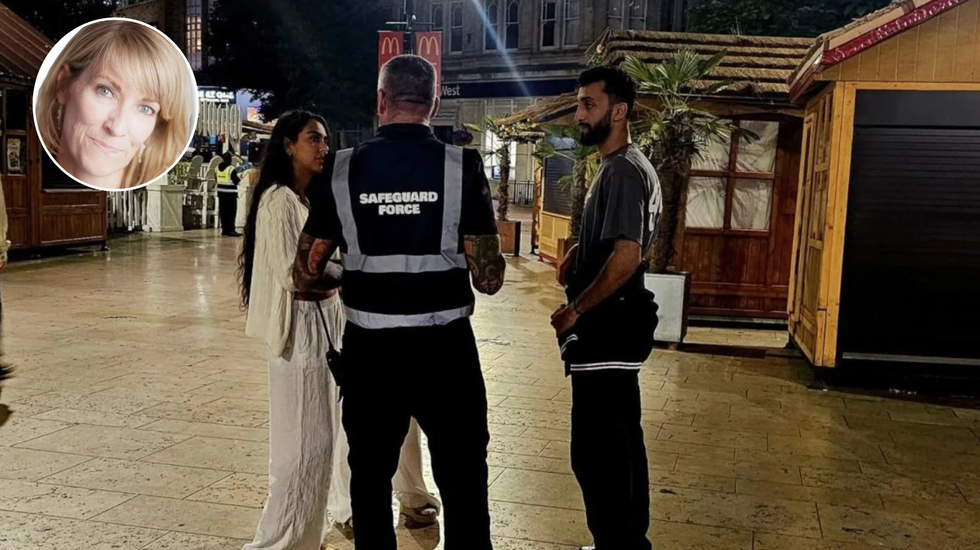
Bournemouth is just the beginning. Vigilante groups are coming to a town near you - Renee Hoenderkamp
|Safeguard Force
Scared to walk alone at night, scared to let their girls walk to school, scared for their kids to be out alone, scared to get their phone out of their pocket lest it be grabbed from their hand. And it is this feeling that is driving people to consider taking policing the streets into their own hands.
When you shine the spotlight on Bournemouth itself, there certainly is rising crime and antisocial behaviour.
High-profile cases include the murders of Amie Gray in 2024 and Thomas Roberts in 2022, alongside a massive recent seafront brawl in June 2025 that injured a teenage girl, two officers, and there was a reported rape in a beachside toilet.
Cases like this in a once sleepy town, alongside regular anti-social behaviour on the seafront, fuel a perception that existing police efforts are insufficient, prompting support for community-led patrols like Safeguard.
Safeguard are trying to do things properly, comprising 200 local volunteers, including ex-military, security professionals, and first aiders, they plan high-visibility jacket patrols with the aim of deterring this anti-social behaviour. They have a website, a complaints procedure and an SOS facility for anyone in trouble.
And therein lies an interesting concept: a presence on the street of a crime prevention force that people feel they can contact quickly.
This used to be known as the police, and every area had a police station and a team of local Bobbies who knew the neighbourhood and kept the young in check.
We have all heard the anecdotes of Bobby giving an unruly youngster a clip around the ear and sending them home.
I am sure many yearn for those days, although the clip around the ear is likely a step too far, and it would be a brave police officer or vigilante who tried that.
How about we just try and get a visible police presence on the streets? If we accept that whether people feel safe is more about a feeling than actual stats, then we need to change how people feel.
We need to make them feel safe. Every single ward in the country needs its own community police team that walks the streets, knows the residents, stops to chat, pops in and out of shops and makes itself seen. That would go a long way.
Instead, people feel that the police are too busy sitting behind desks in neighbouring towns because the police stations have been closed and surfing the internet and knocking on doors only when they have a tweet to investigate.
So not only are people woefully missing the presence of a local bobby, they feel like the police are actually working against them, focusing on the unimportant, pandering to the woke agenda rather than the most important task a police officer should have: tackling actual crimes against people.
This has led to a breakdown of the contract between the people and the police. We, the people, will abide by the rules of society, be respectful, not break the law, and the police will protect us against the few who don’t do that, those who actively work against us, wish us harm or make us feel like we may meet harm.
When that contract is broken, there are only two routes for the law-abiding citizens: to live in fear, put the barricades up and remove oneself from society as far as possible, or to put effort into policing the streets ourselves.
Bournemouth is the latest town to do this. Time will tell how it evolves and how effective it is, but already we see Labour MP Jessica Toale calling it dangerous.
She said: “It is not the job of a self-appointed, unregulated group - with a range of experience levels and different motivations - to take it upon themselves to don a makeshift uniform and patrol our streets. There is a real danger of abuse of artificial power here, and it is confusing for residents and visitors.”
Jessica Toale may be right. But perhaps she should look within and wonder why her residents no longer trust her government to adequately police the streets and keep them safe.
If the Labour Government doesn’t wish to see more of these groups springing up, they need to quickly reopen police stations and get the police out on the beat, policing the streets.
Instead, people feel they only see police when they visit Shopkeepers who put up signs calling shoplifters ‘Scumbags’ to tell them that the term scumbag might be offensive to the shoplifter, instead of preventing the shoplifting in the first place.
The police need to be on our side. There needs to be zero tolerance for criminals. Then and only then will I agree with the Jessica Toale types. I am on the side of women, children and the elderly.





